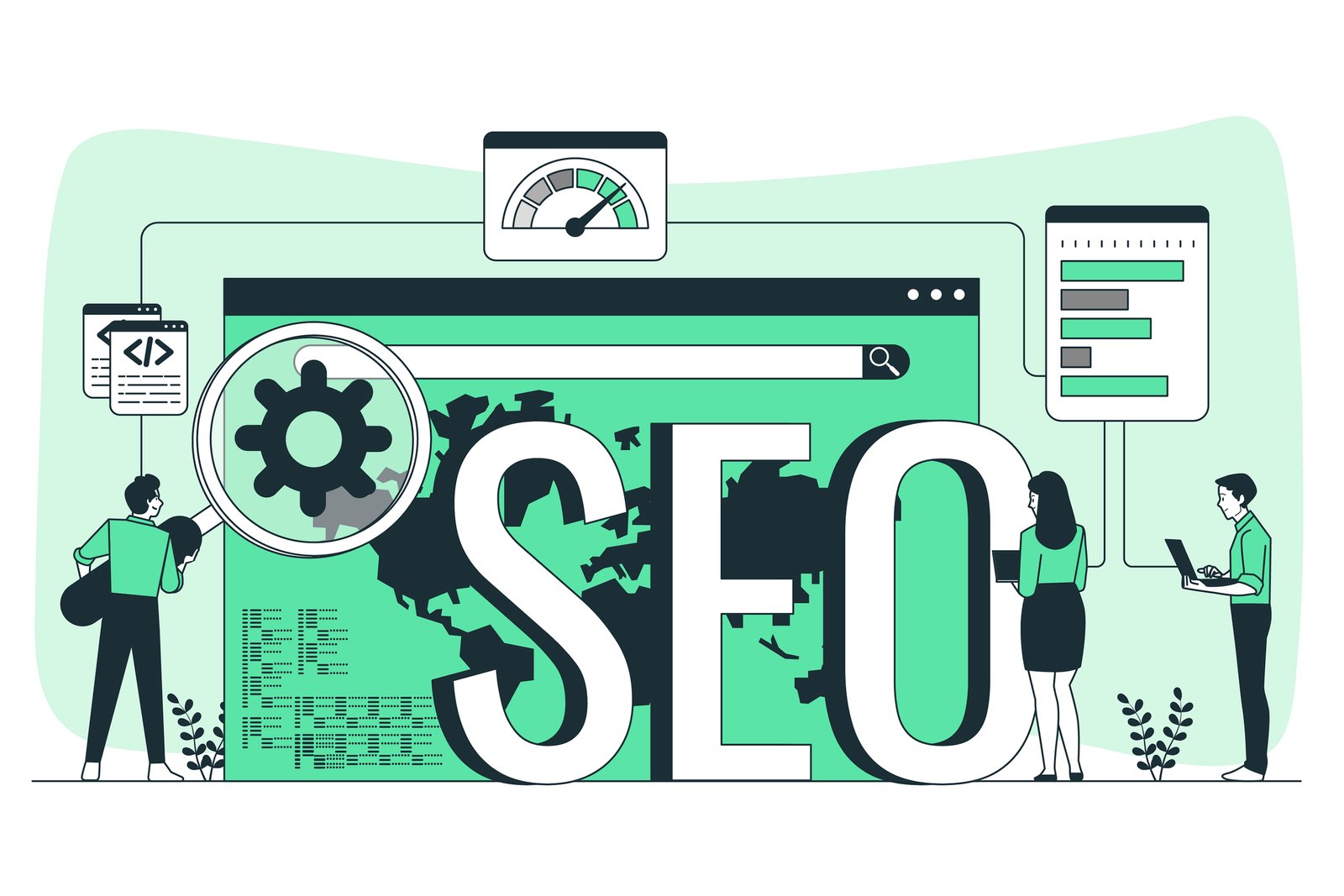The short answer: No, SEO is certainly not a one-off. While on one hand the initial efforts can give the website a fair chance of rank, SEO, in the broadest sense, is an ongoing process. Search engines are constantly modifying their algorithms; for instance, with a major update occurring in August 2024. SEO strategy needs to be constantly monitored and tweaked to maintain or improve your site’s rankings on search engine results pages.
Here’s a detailed look at why SEO requires ongoing effort rather than a one-time fix.
Why SEO Is Not a Set-It-and-Forget-It Process
Many business owners feel that once they’ve optimized their site, they can unwind and reap the rewards. Unfortunately, SEO doesn’t work that way. Search engines like Google constantly change the way they rank websites, and your competitors also want to take that top spot. For these reasons, SEO is something you must always keep in mind.
1. Algorithm Updates Keep Changing the Game
Search engine algorithms, especially that of Google, keep evolving for better user experience. The August 2024 Core Update is the most recent such case and emphasizes quality content, user engagement, and relevance. These updates can act as an earthquake in search rankings which can disable strategies widely followed in the previous year.
2. SEO Success Is a Moving Target
What may work today for getting to page one of Google may not work six months from now. SEO is very much a dynamic process, and remaining on the offensive requires you to change your approaches and practice from time to time to meet the criteria set by new ranking factors.
SEO vs. your competitors: Why You Can’t Stop
Not only does SEO allow you to improve your rankings, it helps you to stay ahead of the competition. If you stop working on SEO, it’ll just be a short time before the competitors take your place and steal what you worked so hard for in the rank.
1. Your competitors are always improving.
Your competitors are actively trying to gain ranking positions, just like you. You would lose credibility if you abandoned your efforts at SEO and would soon be overtaken by them. Continuous SEO work is essential to ensure you maintain your ranking position and possibly go beyond competition.
2. New Businesses Enter the Scene
New businesses are joining your industry daily and put as much focus on their SEO strategies. Keeping your head above the competition requires more than just retaining your current SEO efforts. Instead, regularly improving it ensures your competitiveness in the long run.
SEO and user behavior: adapting to changing trends
SEO not only allows the improvement of your ranking: It will let you outsmart other competitors. If you stop working on it, it’ll be a short amount of time before he’ll be replaced by your competitors and the hard work put into the rank will be stripped away.
1. The Rise of Voice Search
Your competitors are actively trying to gain ranking positions, just like you. You would lose credibility if you abandoned your efforts at SEO and would soon be overtaken by them. Continuous SEO work is essential to ensure you maintain your ranking position and possibly go beyond competition.
2. Changing Search Intent
New businesses are joining your industry daily and put as much focus on their SEO strategies. Keeping your head above the competition requires more than just retaining your current SEO efforts. Instead, regularly improving it ensures your competitiveness in the long run.
The Importance of Fresh Content for SEO
Regularly adding fresh and relevant content is an important aspect of ongoing SEO success. Google favors sites that constantly create new forms of high-quality content, thus engaging the interest of users and establishing the site as alive and kicking.
1. New Content Attracts More Visitors
With every new blog post, article, or page you create, you get several more opportunities to rank for different keywords. This regular updating touches on organic traffic and renews the connections with your audience.
2. Keeping Your Content Updated
Even when established content is performing well, refreshing older posts is important. Updating blog pieces with fresh information or penning outdated pages are a means of keeping or even improving website rankings, thereby enabling your site to remain contemporaneously relevant.
Technical SEO: Why It Needs Regular Maintenance
SEO is more than just content and keywords; it also requires ongoing attention to technical SEO, behind-the-scenes work to make it easier for search engines to crawl and index your website.
1. Website speed and performance
Slow site speeds can lower your rankings, regardless of your content quality. You should regularly check your website speed and performance. Tools such as Google PageSpeed Insights can identify areas for improvement, such as resizing images or optimizing code.
2. Mobile Optimization
With mobile-first indexing, Google is primarily indexing and ranking your site based on its mobile version. The mobile-friendliness of your site is possibly more important than ever. You must test and update constantly to keep your site in the race for mobile search.
The Role of Local SEO in Long-Term Success
Firstly, local SEO for a local business is vital for attracting nearby customers. Like regular SEO, local SEO requires continuous and ongoing work.
1. Keeping Your Google Business Profile Updated
Your Google Business Profile (formerly Google My Business) should regularly be updated with your latest hours, services, and business information. Even encouraging customers to leave reviews and responding to those reviews would enhance your local ranking.
2. Building local backlinks
Creating strong relationships with other local businesses and websites will be a great way to earn valuable local backlinks, which communicates to Google that your establishment has local trust. The backlinks do not just appear but require a steady campaign and collaborative outreach.
Monitoring and Analyzing SEO Performance
SEO is all about continuously evaluating your performance. You will be able to see if your strategies are working if you track your keyword rankings, website traffic, and user behavior or if there is a need for adjustments.
1. Use Analytics to Adjust Your Strategy
Tools like Google Analytics and Google Search Console provide all details with respect to how your website performs SEO. Analyzing such data tells you which pages are doing well and which keywords bring in traffic and will further let you know what areas need improvement.
2. Regular Audits for Continued Growth
You need to perform regular SEO audits, spot the roadblocks in technical or keyword gaps, or pinpoint the areas where there’s potential to improve. Regular audits will ensure your site continues to play by the search engine’s rules and remain ahead of any competition.
SEO Is an Investment in Long-Term Growth
The process of SEO is not just a single activity but an investment in your website’s visibility and success for many years to come. While it may take a little while for results to occur, it is worth it: benefits to the business accrue over time. Updating algorithms, creating new content, and ensuring ongoing technical health are but examples of the many ongoing processes through which SEO can offer you a means to prosper in the digital landscape.
Conclusion: Why SEO Must Be Continuous
With that being said, SEO is not a project you enter and then forget about-it’s an ongoing process of update, monitor, and optimize. Search engines, competitors, and user behaviors constantly change; nobility must definitely shift along with it. All work put into SEO will keep your site relevant, competitive, and searches available to your target audience. The sustainable growth of an online venture requires a constant effort towards optimization and must make it its priority for the time to come.







